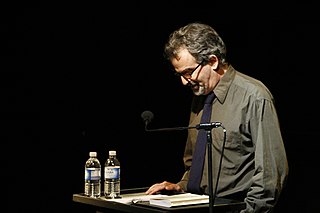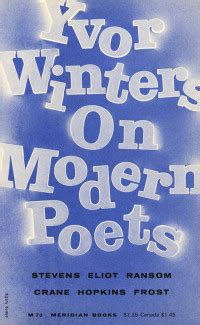A Quote by Dylan Thomas
This poem has been called obscure. I refuse to believe that it is obscurer than pity, violence, or suffering. But being a poem, not a lifetime, it is more compressed.
Related Quotes
It has been said that a poem should not mean but be. This is not quite accurate. In a poem, as distinct from many other kinds of verbal societies, meaning and being are identical. A poem might be called a pseudo-person. Like a person, it is unique and addresses the reader personally. On the other hand, like a natural being and unlike a historical person, it cannot lie.
The subject of the poem usually dictates the rhythm or the rhyme and its form. Sometimes, when you finish the poem and you think the poem is finished, the poem says, "You're not finished with me yet," and you have to go back and revise, and you may have another poem altogether. It has its own life to live.
I keep feeling that there isn't one poem being written by any one of us - or a book or anything like that. The whole life of us writers, the whole product I guess I mean, is the one long poem - a community effort if you will. It's all the same poem. It doesn't belong to any one writer - it's God's poem perhaps. Or God's people's poem.
The statement of ideas in a poem may have to do with logic. More profoundly, it may be identified with the emotional progression of the poem, in terms of the music and images, so that the poem is alive throughout. Another, more fundamental statement in poetry, is made through the images themselves those declarations, evocative, exact, and musical, which move through time and are the actions of a poem.
What I desire of a poem is a clear understanding of motive, and a just evaluation of feeling A poem in the first place should offer us a new perception..bringing into being a new experience Verse is more valuable than prose for its rhythms are faster and more highly organised and lead to greater compexity.





































